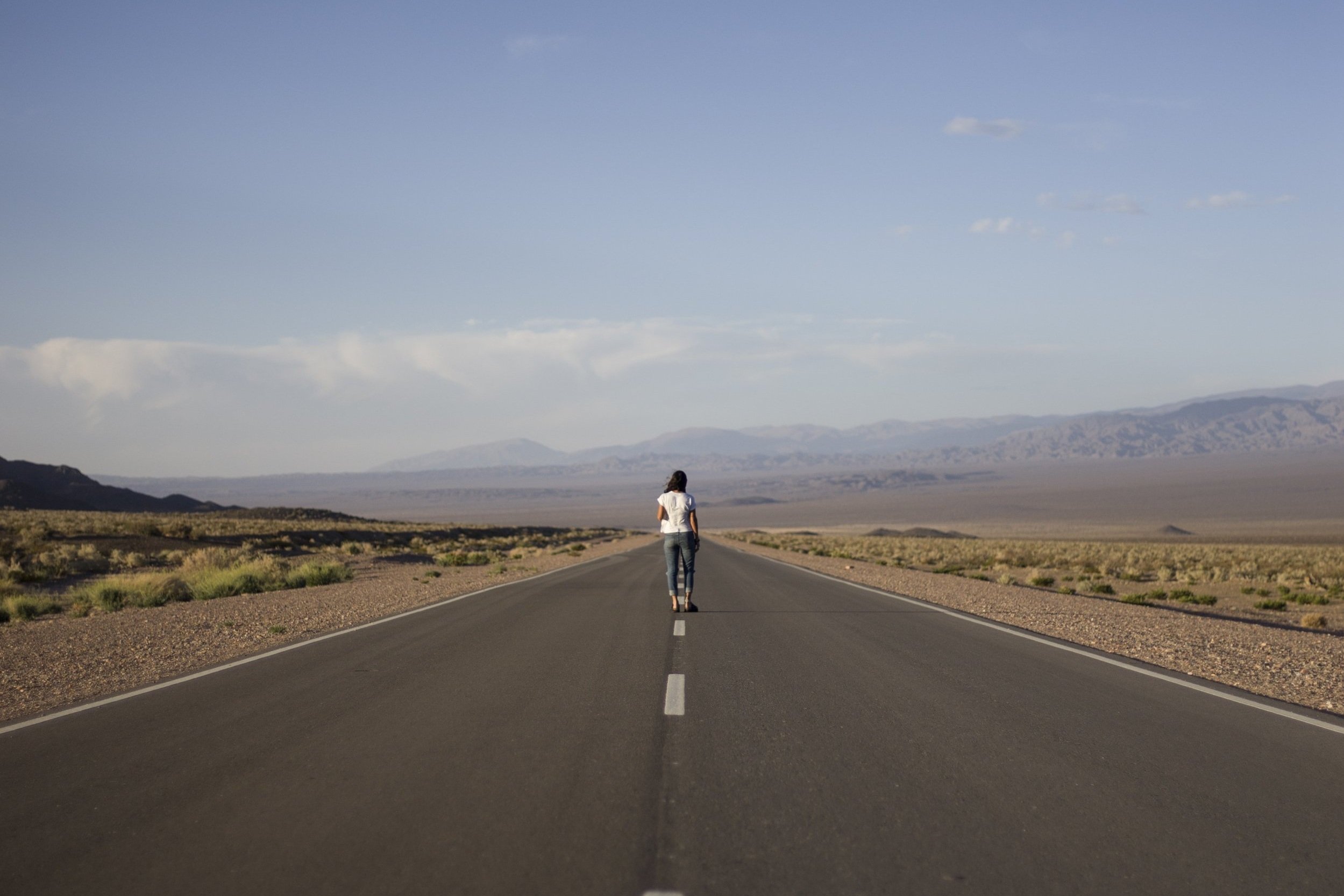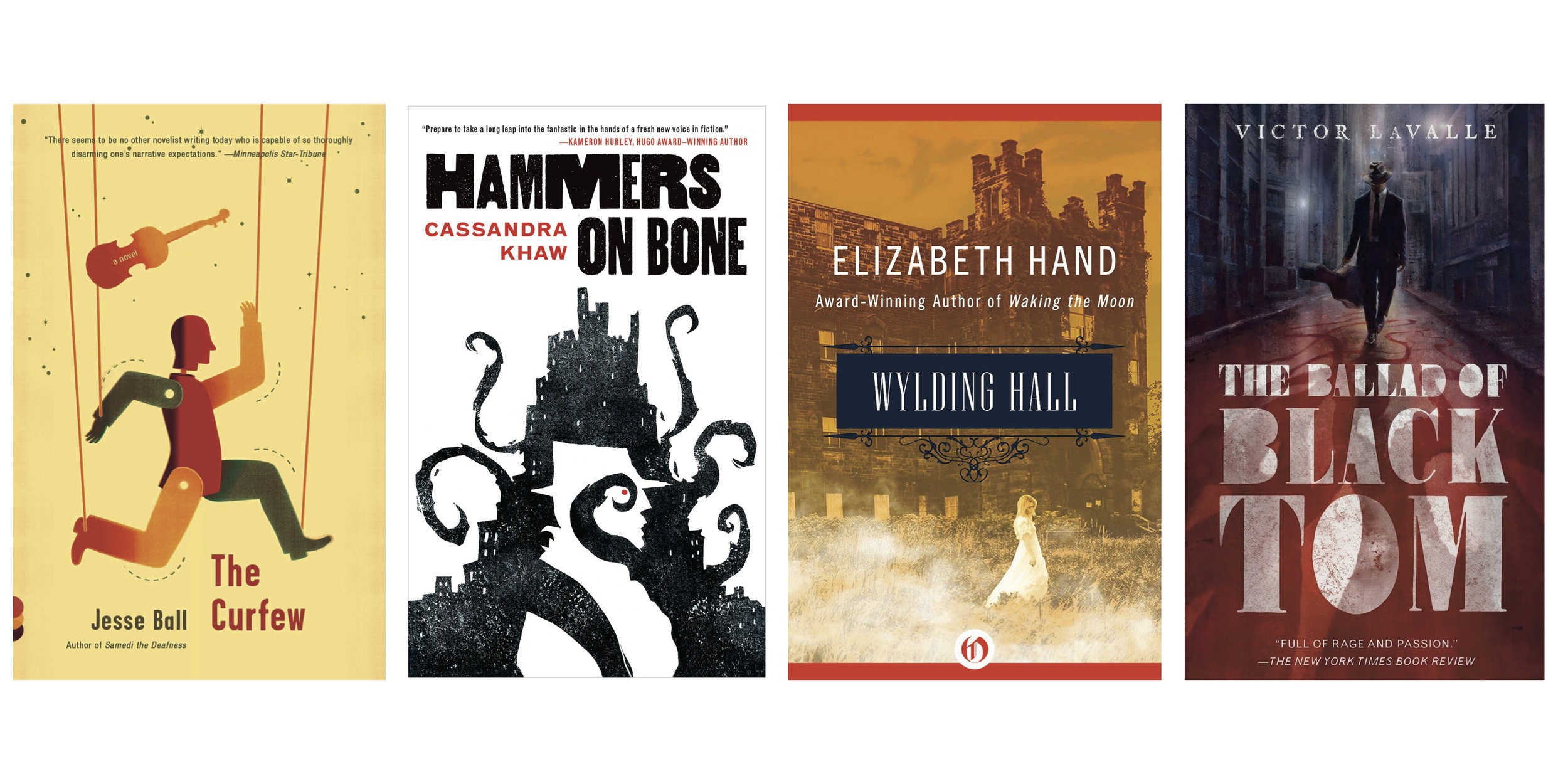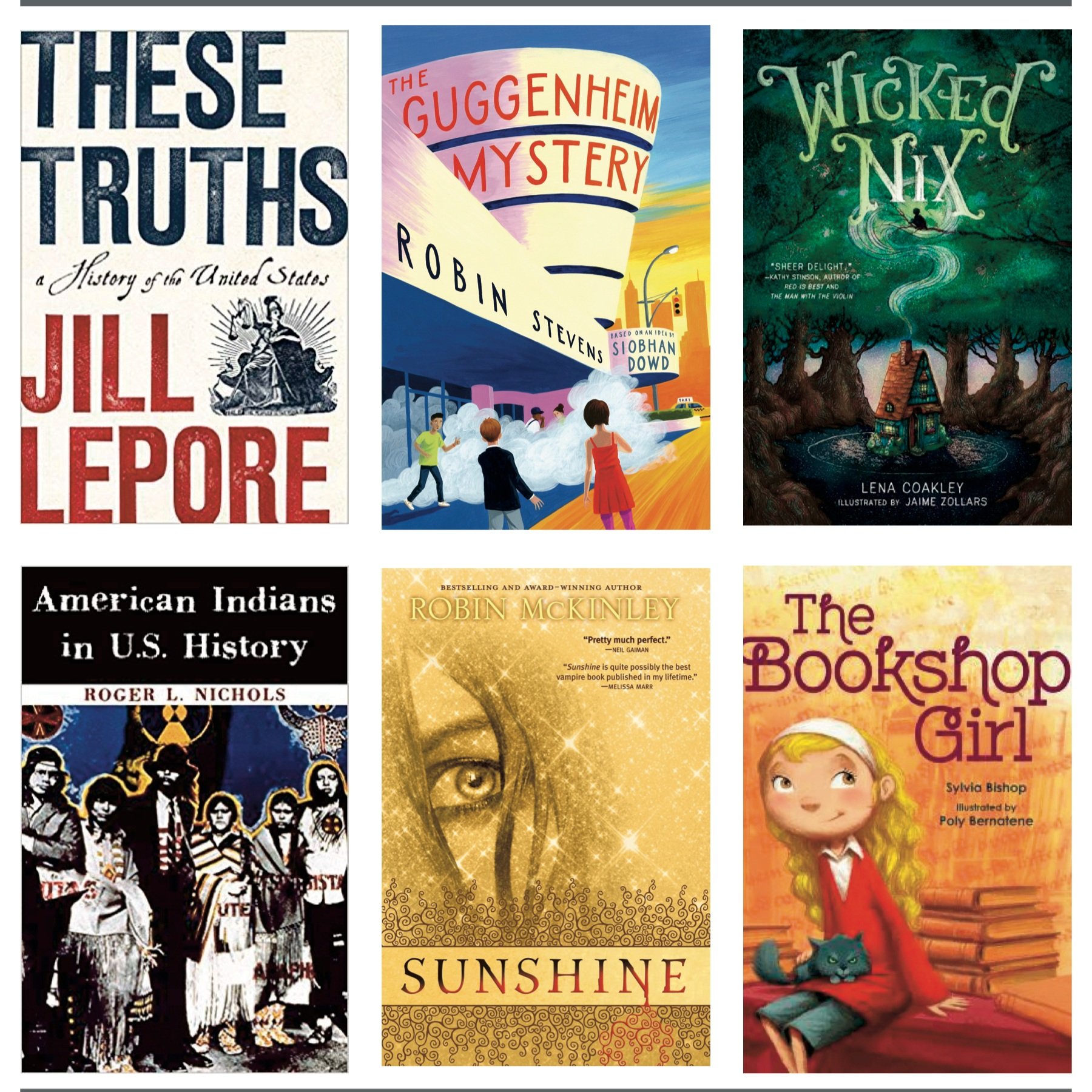Going Out With a Bang! 10 Great Apocalypse Novels for High School
It’s the end of the world as we know it — and sometimes that’s not as bad as it seems. These 10 books about the end of the world are great for starting big conversations with your high school homeschooler.
I’ve decided to go out with a bang(!) in my book recommendations this summer by listing my Top Ten Tales of the Apocalypse.
I’m actually something of a reading wimp, with a low tolerance for horror and blood-drenched thrillers. For many years, I carefully avoided zombies and other world-ending events (Meteors! Vampires! Really Bad Flu!) in my fiction, but in the past few years I’ve discovered a new attraction to near-apocalypses. Impending death forces characters to deal with the meaning of life — and do some very serious prioritizing — and I think many of us, in our everyday probably-not-the-end-of-the-world lives, struggle with how to separate what is meaningful and necessary from what is unimportant and time-wasting.
Of course, along with bringing up interesting moral issues, apocalypses are usually chock full of violence and death, so (unless otherwise noted) I’d recommend the following books for teen readers and up.
Station Eleven by Emily St. John Mandel
Two decades after a civilization-shattering pandemic, a small troupe of musicians and actors visits enclaves of survivors to stage Shakespeare plays. Their motto, taken from an episode of Star Trek: Voyager, is “Survival is Insufficient.” This novel achieved both popular and critical success upon its 2014 release and deservedly so. What I love about it, and what sets it apart from so many other popular end-of-the-world sagas (looking at you, The Walking Dead), is its refusal to give up hope. Mandel portrays the darkness in human nature, but she also sees the light — the ability of people to pull together in terrible circumstances and create communities that protect and support each other. By making room for all possibilities instead of focusing only on what is selfish and destructive in humanity, she creates a world populated by characters I can recognize and actually believe in.
The Last Policeman by Ben H. Winters
Hank Palace has finally achieved his dream of becoming a detective. Unfortunately, it’s under difficult circumstances: an asteroid is scheduled to hit Earth in six months, causing an extinction-level event, and in this pre-apocalyptic world civilization is starting to break down. If the world is going to end in less than a year, do you keep going to work every day? Is the answer different if you are a police officer, or a surgeon, or someone responsible for keeping the power on? In addition to the murder mystery at the core, there are a lot of fascinating moral questions in this novel, first in a trilogy (which, SPOILER ALERT, does not end well).
The Gone-Away World by Nick Harkaway
I love this book so much that I don’t even know how to tell you about it. Set after the Go-Away War, where humanity was devastated by the invention of a new weapon that caused people and objects to simply go away (with, not so shockingly, unexpected and terrible side effects), we follow the adventures of two best friends, part of a team of ex-special-operatives, as they take on a dangerous mission. With mimes, ninjas, and pirates! Amazon calls it a “hilarious, action-packed look at the apocalypse” but fails to mention that certain readers may become so attached to the characters that things get very emotional at times. (I only cried a little, OK?) This is one of those books that is not going to work for everyone, but if you’re are in the mood for a novel that is so out there you’ll read most of it with your jaw hanging open in amazement, you should look no further. (Don’t forget to pick up Harkaway’s other two books, Angelmaker and Tigerman, and definitely email me so we can discuss them all AT LENGTH.)
World War Z: An Oral History of the Zombie War by Max Brooks
Forget Brad Pitt. This novel (which shares a title with the movie version, but not much else) consists of a series of interviews with various survivors of the Zombie War. It’s unique in that it depicts the global scale of the disaster and tells much of the story from the perspective of the military forces involved. Some of the events were so disturbing and haunting that it took me years to work up the courage to reread it, whereupon I discovered that the pieces I found so unsettling were only mentioned briefly in the narrative — the author had succeeded so well in creating the world that I had filled in all the blanks myself without even realizing it. Maybe one day I’ll be brave enough to listen to the audiobook adaptation, which includes Nathan Fillion, Alan Alda, and Mark Hamill among its stellar cast.
The Sundial by Shirley Jackson
In this list I’ve chosen to highlight more recent books, leaving off classics like The Stand, On the Beach, and Alas, Babylon, but I had to include this 1958 novel by Jackson. One of her less well-known works, it follows the Halloran family after Aunt Fanny has a vision of the coming apocalypse. As one would expect in a Jackson story, the Hallorans and their hangers-on are strange, unsettling, and occasionally very funny. Plus there’s a creepy mansion, so that’s good.
The Age of Miracles by Karen Thompson Walker
Adolescent Julia and her family struggle to deal with massive changes as the rotation of the Earth inexplicably slows. While I struggled a bit with the science (or the massive lack of it) in this particular apocalyptic scenario, that’s not really the point. Instead, as Buffy the Vampire Slayer used a Hellmouth to point out the challenges of high school and teenagerhood, Walker uses the possible end of the world as a backdrop for this coming of age tale, where Julia wonders if she’ll even survive the dramatic changes, both personal and global, taking place in her world. (This is one of the only novels on the list that I’d be okay handing to a middle schooler.)
Zone One by Colson Whitehead
Prior to winning every lit award on the planet with Underground Railroad, Whitehead wrote this zombie novel, following the protagonist and his fellow “sweepers” as they patrol the ruins of New York City, trying to eliminate the remaining infected. It’s a slow-moving, thoughtful take on the zombie genre—at least until everything starts to go horribly, inevitably wrong.
Pure by Julianna Baggott
I’ve read my share of YA dystopias (usually featuring a female lead born to set things right) but the post-apocalyptic world of Pure is unlike anything I’ve seen before. Pressia lives outside, with the other “wretches” suffering the effects of radiation which has caused human flesh to fuse with inanimate objects, while Partridge and his family live among the “pures” in the Dome. This novel, first in a trilogy, was unsettling and unique and memorable, and I couldn’t wait to read the sequels—which, unfortunately, I ended up disliking intensely for many reasons, but mostly because they didn’t live up to the promise of the first volume. Despite that disappointment, Pure was so good that I still recommend it for anyone looking for something new and powerful in the YA dystopia genre, though I wouldn’t necessarily advise continuing on in the series.
All the Birds in the Sky by Charlie Jane Anders
Some say the world will end in science, some say in magic — but why choose? In this award-winning science fantasy, two childhood friends take diverging paths — one talks to animals, one builds a two-second time machine—but as they reach adulthood and the planet falls apart around them, they must figure out if they can work together to save the world. I already gushed about this one with Amy on the podcast, but I can’t resist an opportunity to recommend it again.
The Girl With All the Gifts by M.R. Carey
I’ve saved one of my very favorites for last—this zombie-apocalypse novel takes on deeply human themes while still being scary and action-packed and gory (as one expects when you’ve got zombies around). It was the inspiration for the high school Apocalyptic Lit class I’ll start teaching in a few weeks at the Academy (which will also cover Station Eleven, The Last Detective, The Sundial, and The Age of Miracles). And I can’t really tell you much more than that, because part of the fun going in is not knowing exactly what’s happening, so email me when you’re finished reading and ready to talk about it. (In the meantime, I’ll be reading the just-out prequel, The Boy on the Bridge.)
A Paradise Built in Hell: The Extraordinary Communities that Arise in Disaster by Rebecca Solnit
BONUS NON-FICTION PICK: I sang the praises of this terrific book in a recent Library Chicken Update, so I’ll try to keep it short here, but if you’re interested in what actual human beings do in actual times of disaster (HINT: It’s a lot more like Station Eleven than The Walking Dead) you should pick this up immediately. Even without the occasional solar eclipse, it’s been feeling a bit like the end of the world lately, and I found this book to be both timely and inspirational in its depiction of how human beings can come together to help each other. Fair warning: it’s also frustrating and sad and maddening at times as it details the ways that authority figures have let us down in the past (the Hurricane Katrina chapter is especially difficult), but we can only change the narrative when we understand what’s gone wrong and why.
Here’s hoping that we get through the next year with no mutant-zombie-vampire-pandemics (if there is an apocalypse, I’ll be the one with zero useful survival skills), and I’ll see you next summer!
(We’re Amazon affiliates, so if you purchase something through an Amazon link, we may receive a small percentage of the sale. Obviously this doesn’t influence what we recommend, and we link to places other than Amazon.)











































This is the curriculum for you if:
You’re a little nervous-cited about homeschooling middle and high school.
You’re looking for decolonized secular homeschool curriculum and resources.
You don’t want to lose the homeschool magic just because you’re in the homeschool home stretch.
What you’ll find inside:
Files: Reading Guide, How to Read a Book, Writing a Compare/Contrast Essay
6-week reading plan with discussion questions and activities
Introduction to mystery novels, including literary terms you should know
End-of-book discussion questions
Final project guide
Resources for further study
What you’ll need to provide:
Book: And Then There Were None by Agatha Christie
Movies: Glass Onion (2022), Murder on the Orient Express (2017)
Credit recommendation: 0.25 literature credit
Placement recommendation: This is designed as a rigorous reading guide for high school students. While most books can be a fun study for students of all ages, this unit asks students to use critical reading and thinking skills that most students won’t be ready to flex this way until late middle school or high school. Ideally, students should have some familiarity with annotated reading, textual analysis, and writing about literature going into this unit.
For secular homeschoolers who want a fun, decolonized, rigorous way to homeschool high school and middle school, home/school/life’s Deep Thought is the progressive high school curriculum that does the academic heavy lifting so that you can enjoy the fun stuff. Unlike other high school curriculum, home/school/life’s Deep Thought curriculum teaches students how to learn, not just what to learn and makes big academics surprisingly fun for the whole family.
All curriculum materials are digital and downloadable. Because of this, all sales are final. If you have questions, please ask before you buy.